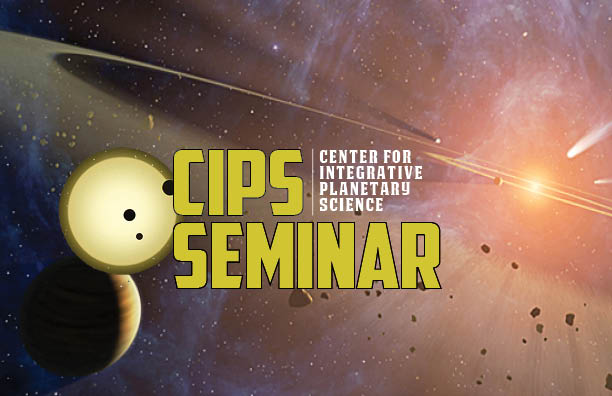Ultramafic-Hosted Submarine Hot-springs on Earth: Implications for Hydrothermal Processes on Enceladus
Wed, March 16, 2016

The coexistence of liquid water, rocks, and heat on Enceladus creates the potential for hydrothermal activity and a broad spectrum of geochemical processes that occur during the interaction of aqueous fluids with rock. Submarine hot-springs are a pervasive phenomenon on Earth and can inform our understanding of key factors required for the occurrence of hydrothermal activity on Enceladus and their impact on heat and mass fluxes. Hydrothermal systems hosted in uplifted mantle peridotite are particularly important in this regard because they involve the reaction of seawater-derived fluids with olivine rich (ultramafic) rocks that are likely to exist on Enceladus. Fluid-mineral reactions during the alteration of ultramafic rocks, a process known as serpentinization, extensively modify seawater composition, producing alkaline fluids that are rich in hydrogen, methane and other reduced carbon species. Chemical and physical conditions in subseafloor reaction zones are highly conducive to abiotic organic synthesis and may represent a direct analog for geologic environments associated with prebiotic chemistry and the origin of life on Earth. Moreover, seafloor venting of serpentinization fluids creates energy-rich environments that support complex chemosynthetic microbial ecosystems. An overview of geochemical processes that regulate the inorganic and organic composition of aqueous vent fluids in ultramafic-hosted hot-spring systems on Earth will be provided along with a discussion of implications for the emergence and sustenance of life and the detection of hydrothermal activity on Enceladus.
